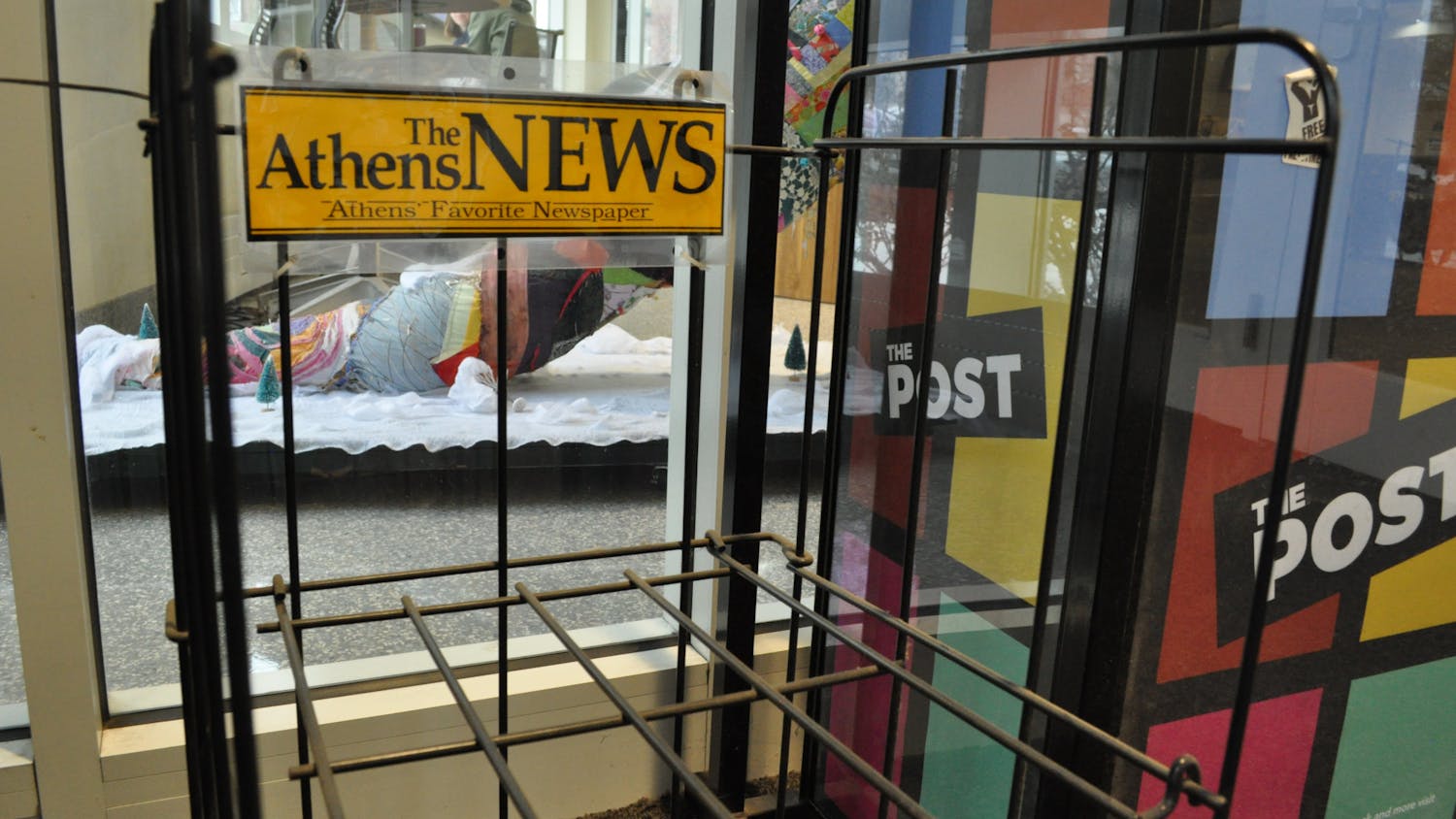Feb. 12, the Supreme Court argued over the social media laws of Texas and Florida in Moody v. NetChoice. The two laws prohibit social media’s power of censorship over political and controversial content. If the laws are determined to be constitutional, a drastic change in social media could arise with an increase in darker content and fake news circulating the web.
The case has been building anticipation since the laws were adopted by Republican-dominant legislation in Texas and Florida in 2021.
According to NBC News, the Texas law bans social media platforms from removing posts or accounts based on users’ viewpoints. Similarly, the Florida law prevents social media companies from suspending the accounts of political candidates or media publications for posting controversial rhetoric. After a disagreement arose at state appeals courts when Texas upheld the law and Florida knocked it out, both cases moved to the U.S. Supreme Court.
Social media have been changing recently with the passage of Florida’s Instagram censorship law Feb. 22. The law now prevents people under the age of 16 from having social media accounts. Social media are fairly new and constantly expanding, so complications with these types of cases are a result of the lack of precedent cases to reference.
The new laws arose from the 2020 presidential election when members of the Republican Party accused platforms of censoring conservative voices. However, effects could go much further than a free marketplace of ideas.
“When editors or speakers engage in viewpoint discrimination, that is their First Amendment right,” Paul Clement, the attorney defending social media companies, said. “It is also absolutely vital to the operation of these websites.”
Clement goes on to explain that a site must also allow antisemitic opinions if it allows pro-Semitic opinions. Additionally, he provides the example that if a platform allows suicide prevention content, it would have to allow anti-suicide prevention content. He says those things should absolutely be regulated by private platforms.
Section 230 of the Communications Decency Act protects internet providers from legal liability for third-party content. According to a Congressional Research Service report, Section 230, “has been applied to protect online service providers like social media companies from lawsuits based on their decisions to transmit or take down user-generated content.” However, if these new laws remain constitutional, people can legally sue social media platforms for censoring any viewpoint content.
Social media platforms are different from news publications, which are edited, but have full First Amendment protection. In public forums of social media, people should be allowed to share creative, personal or political content with the world, allowing us to learn from one another. The editorial process falls under the private company’s terms users agree to before posting internal dialogue, giving the platform power to regulate speech.
If the social media laws remain constitutional, platforms and providers could change their terms of use or lose them altogether. The environment would become a lot more dangerous and hateful, allowing users to see negative and dark content that is typically removed before it can circulate. Social media should be a place to freely post opinions, but to a degree, editorial censorship is important to protect people.
Additionally, social media platforms should have control separate from the government because if the government regulates what people can post we lose freedom of speech and the fourth check role. The government supervising digital footprints is invasive and could result in a chilling effect among individuals who are suddenly afraid to post anything that might get them into trouble.
The Washington Post shared the commentary of Jameel Jaffer, executive director at the Knight First Amendment Institute at Columbia University: “While it’s hard to predict how the court will rule, many of the justices seemed to recognize that it would be unconstitutional to hand to the government the unfettered power to dictate what can be said on private platforms.”
Change is hard, especially when change means a new face to the media impacting cultural normalities and mental health every day in our digital world. As Moody v. NetChoice unfolds, we will see what the future looks like for social media platforms.
Libby Evans is a sophomore studying journalism at Ohio University. Please note that the views and opinions of the columnists do not reflect those of The Post. Want to talk more about it? Let Libby know by emailing her at le422021@ohio.edu.






